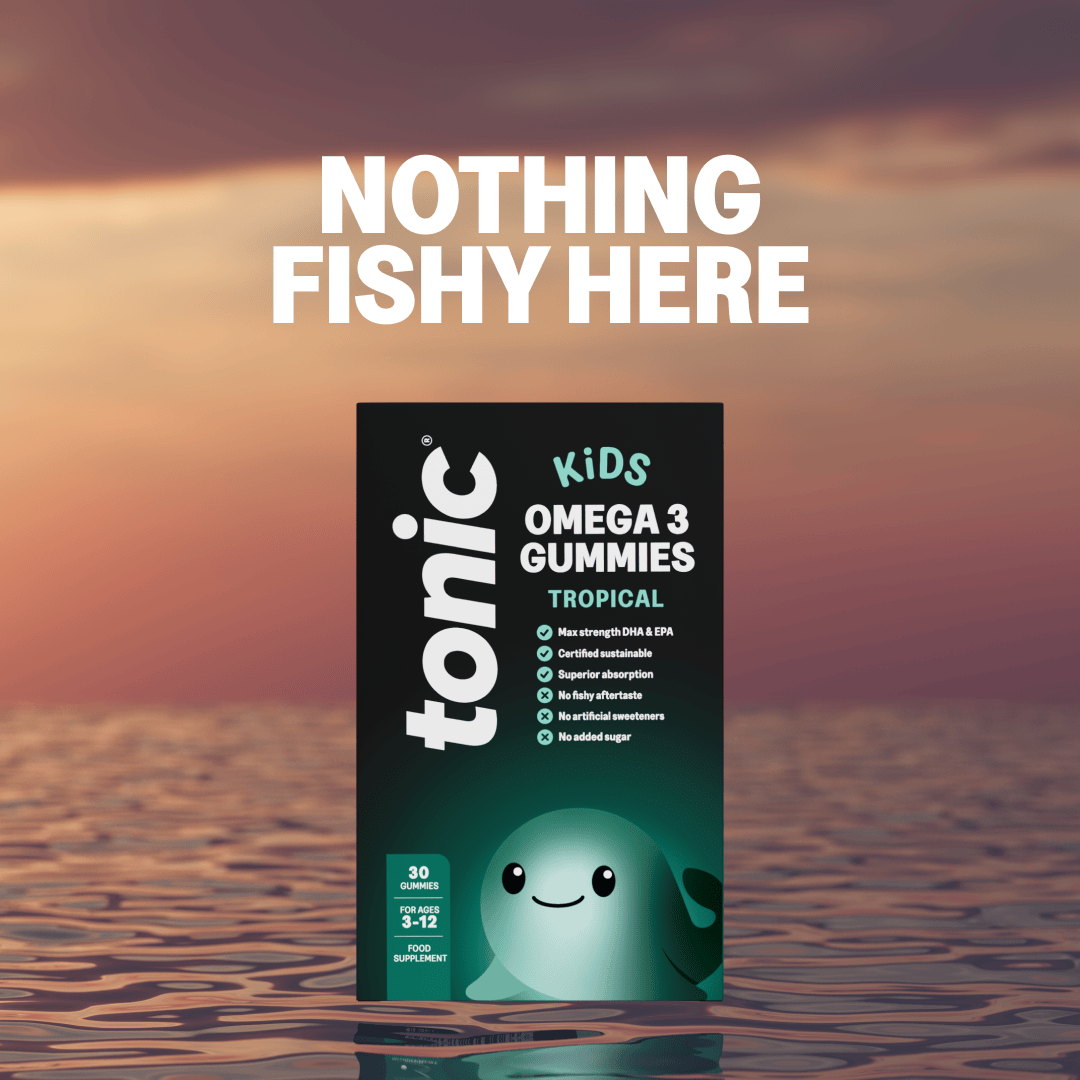While the last few years have been characterised by plenty of health crazes, at least one of those was an overnight sensation more than four millennia in the making. The craze in question is turmeric, a deep orange-coloured spice that resembles ginger root in its raw form but is routinely ground down to create a powder frequently used in South Asian cuisine.
Many of us in the UK have spent years consuming turmeric while scarcely knowing its name, thanks to its common use in chicken tikka masala.
However, this apparent nutritional powerhouse is said to have first been used in India some 4,000 years ago, and is also strongly associated historically with Ayurvedic medicine. Turmeric is an ingredient, then, that has long been linked to good things – and recent studies are helping to bring some of those benefits to the forefront of health-conscious minds in the West this century.
Study after study points to reasons to take turmeric
Key to understanding precisely what makes turmeric so healthy, is identifying some of the at least 200 different compounds contained within turmeric that have attracted the interest of researchers.
Chief among these is the compound that gives turmeric its colour – curcumin. It is curcumin, for instance, that has been observed as having powerful anti-inflammatory effects, even comparable to the impact of anti-inflammatory drugs minus their side effects. Curcumin has also been described as a strong antioxidant, its chemical structure allowing it to neutralise free radicals.
There have also been suggestions that curcumin may help to reverse some of the steps associated with the development of heart disease, and that people undergoing coronary artery bypass surgery could significantly decrease their risk of experiencing a heart attack in hospital if they take curcumin.
We could go on and on, also citing such supposed benefits as curcumin’s potential effects on different forms of cancer, its mitigation of the factors that lead to Alzheimer’s disease, and its promise as a treatment for depression.
Nor is cucumin the only compound of interest
A few caveats should be added at this time when researchers are still developing their understanding of turmeric; many studies have historically been done in mice rather than in humans in ‘real-world’ scenarios, and have often used unrealistic doses.
It’s also important to point out that the ways in which turmeric might be prepared and consumed in such ‘real-world’ settings – for example, being cooked and combined with other foods – are liable to alter its chemical components. This could obviously have implications for its effects on health.
Nonetheless, it’s worth noting that curcumin is not the only ingredient that could mean great things for human health. Turmerone, for instance, is obtainable from whole ground turmeric, and some research has indicated it has neuroprotective properties that could be helpful for cognitive performance.
What’s the best way to consume turmeric?
Another study, looking at various ways turmeric may be consumed, found that cooking turmeric with oil may enable the body to absorb more curcumin. It has been suggested that curcumin binding with fat – such as the fat in olive or coconut oil – allows the gut to absorb it more easily.
While turmeric has been subject to some slightly outlandish claims down the years – such as that it ‘cures cancer’ – the links that have been made to a wide range of benefits mean it could be well worth adding a bit more of this long-unsung spice to your diet.
With research continuing into turmeric’s health effects, we wouldn’t be surprised if the list of its documented advantages for health becomes even longer in the coming years.
Other sources: https://www.bbc.co.uk/news/magazine-37408293
https://www.bbc.com/future/article/20200406-are-there-benefits-to-eating-turmeric-and-other-spices
https://www.bbcgoodfood.com/howto/guide/health-benefits-turmeric
https://www.nuffieldhealth.com/article/the-health-benefits-of-turmeric
http://www.eatingwell.com/article/289544/why-turmeric-is-so-good-for-you/
https://healthcare.utah.edu/healthfeed/postings/2020/02/turmeric.php
https://www.healthline.com/nutrition/top-10-evidence-based-health-benefits-of-turmeric






Leave a comment
All comments are moderated before being published.
This site is protected by hCaptcha and the hCaptcha Privacy Policy and Terms of Service apply.